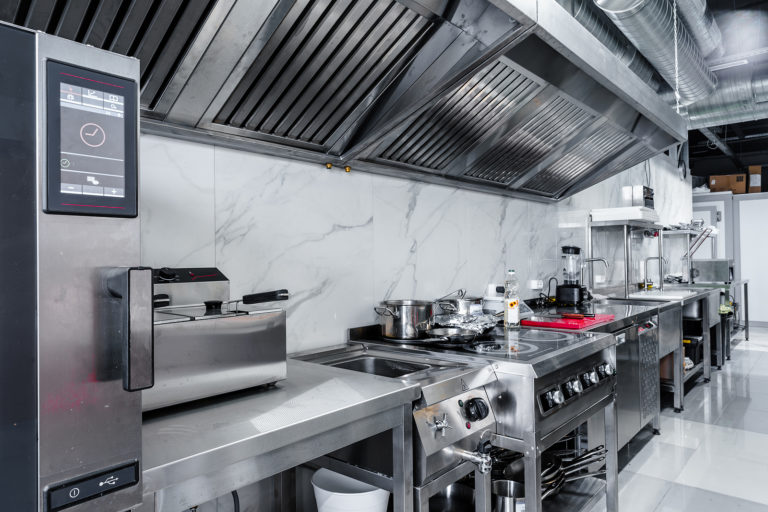
To keep your construction company running as efficiently as possible, it’s essential to work with a construction CPA. Not only does a construction CPA have all the knowledge and certifications required to work as a CPA, but they have an in-depth knowledge of the construction industry.
As a restaurant owner, you face unique tax situations that benefit from the help of a restaurant CPA. One of these situations is how to depreciate your restaurant equipment and what tax deductions you’re eligible to take. Here’s what you need to know about restaurant equipment depreciation.
In the past few years, there have been multiple pieces of legislation passed that impact how a restaurant should depreciate its equipment.
The PATH Act, effective on January 1 of 2016, permanently extended the 15-year depreciable life of qualified restaurant property and qualified leasehold improvement property (QLIP). Qualified restaurant property could not utilize the bonus depreciation unless it also met the criteria to be classified as QLIP.
The 2017 Tax Cuts and Jobs Act (TCJA) created one category for qualified improvement property (QIP). QIP refers to property that has undergone improvements, with a few upgrades specifically excluded.
A mistake when writing the TCJA inadvertently excluded QIP from qualifying for bonus depreciation; this is known as the “retail glitch.” Many restaurants lost out on valuable tax savings.
The TCJA added QIP as an eligible category for an immediate deduction under Section 179. This meant that some restaurant owners were able to deduct certain QIP expenses immediately, but there were limits on how much of an immediate deduction they could take.
Other taxpayers missed out on tax breaks related to Section 179 due to the retail glitch.
The Coronavirus Aid, Relief, and Economic Security (CARES) Act of 2020 specifically states that QIP is eligible for bonus depreciation.
However, the CARES Act also specifies that only improvements completed by the taxpayer qualify. So, if someone made improvements before you bought the building, these improvements wouldn’t qualify.
A restaurant CPA will examine your property and equipment to determine what category they belong in. They’re well-versed in the tax code and understand how to maximize the impact of your depreciation.
The Impact of the CARES Act and Why You Need a Restaurant CPA
The CARES Act explicitly states that it applies retoractively to September 27, 2017. This allows taxpayers to capture restaurant equipment depreciation that they previously weren’t able to utilize.
Due to the complexity of tax legislation and unintended oversights, a restaurant CPA is a valuable resource for helping you increase the benefits of your equipment depreciation.
To take depreciation from prior years, you’ll likely need to file amended returns and a Form 3115. Form 3115 is an Application for Change in Accounting Method; this form is often necessary for your to catch up on depreciation from previous tax years.
Your CPA knows what returns and forms are required for you to take depreciation in prior tax years.
Need a restaurant CPA to revisit your restaurant depreciation? Contact Dorian CPA Firm today!
© 2024 Dorian CPA Firm. All rights reserved.
Dorian PLLC , a CPA firm that provides tax, accounting and business advisory services. Contact us for help with tax planning and preparation, business accounting, account reconciliation and more. We serve a wide variety of industries. Call 469.374.3150 to learn more or schedule an appointment today.